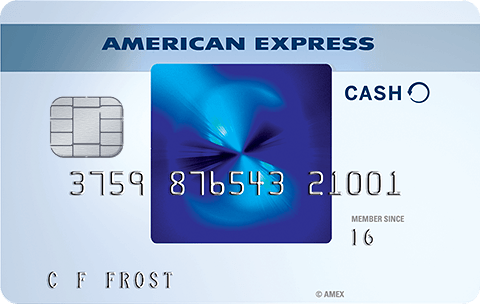-
Fast Funding for Restaurants, Salons, and Retailers

Fast Funding for Restaurants, Salons, and Retailers Success in fast-paced industries like retail, hospitality, and beauty hinges on steady cash flow. Restaurants, salons, and retail shops often face fluctuating revenue due to seasonal trends, promotions, or unexpected expenses. Fast financing allows these businesses to stay agile, seize opportunities, and manage operations smoothly. Why Speed Matters…
-
How to Avoid Over-borrowing with Merchant Advances

How to Avoid Over-borrowing with Merchant Advances Merchant advances can be a valuable funding option for small and medium-sized businesses needing quick access to cash. These advances provide funds in exchange for a share of future sales. But without proper planning, they can lead to over-borrowing and financial stress. Here’s how to avoid that. Understand…
-
Do You Need a Business Plan to Get a Merchant Cash Advance?

Do You Need a Business Plan to Get a Merchant Cash Advance? If you’re thinking about using a merchant cash advance (MCA) to fund your business, you might wonder if you need a formal business plan. The short answer: not usually. But understanding what MCA lenders actually care about can help you secure funding faster—and…
-
Your First Business Cash Advance: What You Need to Know

Your First Business Cash Advance: What You Need to Know Starting or growing a business often requires extra cash for things like inventory, equipment, or daily operations. One option many business owners consider is a business cash advance. If you’re thinking about getting one for the first time, here’s what you need to know. What…
-
How Merchant Cash Advances Support Women-Led Businesses

How Merchant Cash Advances Support Women-Owned Businesses Women-owned businesses play a growing role in today’s economy, driving innovation, creating jobs, and strengthening communities. Despite their impact, many female entrepreneurs face funding challenges—ranging from limited collateral to bias in traditional lending systems. Merchant Cash Advances (MCAs) offer a flexible, accessible alternative to help women-owned businesses thrive.…
-
How Fast Can You Get Funded with a Merchant Cash Advance?

How Fast Can You Get Funded with a Merchant Cash Advance? In the fast-paced world of small business, timing is everything. Owners often need quick access to cash—for payroll, inventory, or filling sudden cash flow gaps. Merchant Cash Advances (MCAs) have become popular because they deliver funds fast. But how fast, exactly? The Typical Funding…
-
American Express Blue Cash Everyday Review

The American Express Blue Cash Everyday card is an excellent offering for those looking to earn everyday rewards and take advantage of cash back bonuses. With no annual fee, you can use the card to make purchases online, over the phone or in stores without worrying about any extra costs. The credit card offers a…
-
What is CrowdFunding and How Does it Work?

Crowdfunding for your small business offers a unique and innovative way to acquire capital without the hassle of traditional methods, such as loans or investments. The basic idea is simple: you create a project online that presents your business plan, set up a crowdfunding goal for how much money you want to raise, and then…
-
Importance of Opening a Business Line of Credit for Small Businesses

Opening a business line of credit is an ideal option for small businesses looking to grow and expand their operations. It provides a constant source of liquidity, allowing you to fund regular expenses or take advantage of unexpected opportunities without having to wait for reimbursement from customers or lenders. A business line of credit also…